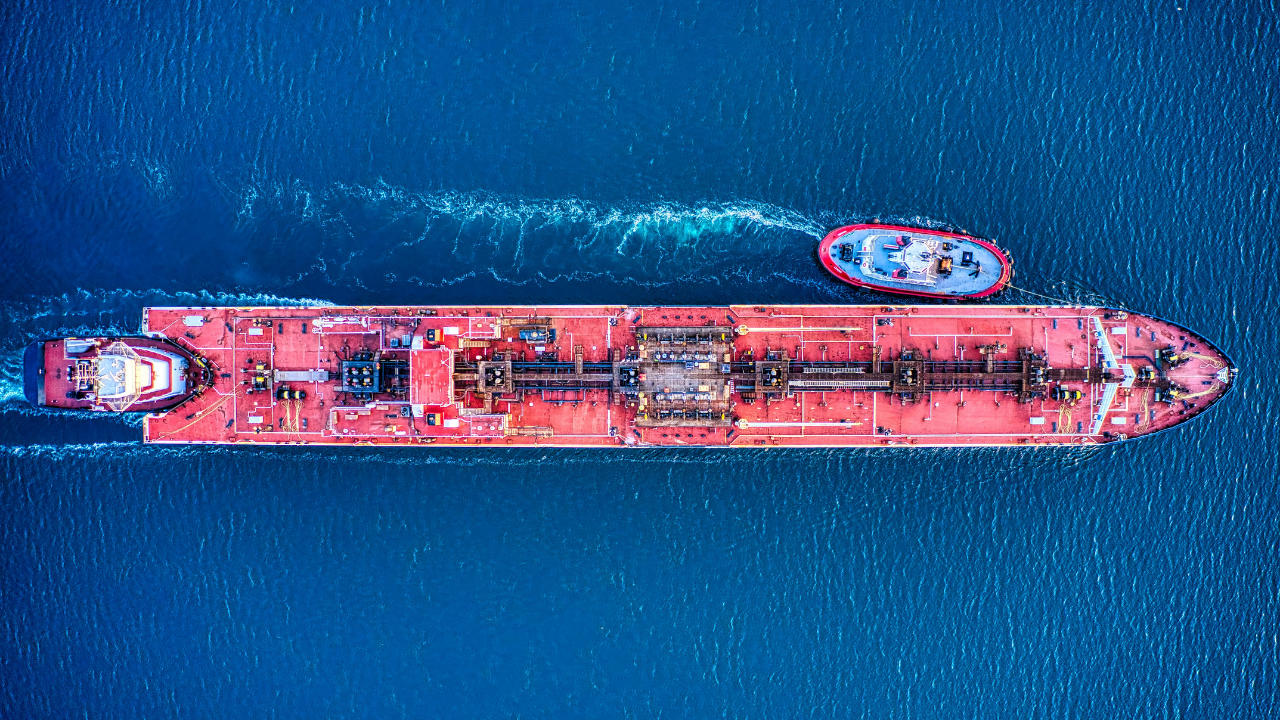Seafarers In The UK
Working at sea may pay well, but the dangers are just as many. Most seafarers work long hours and only have welfare groups as friends in different ports around the world. A reporter, Thom Cookes, dubbed it as “one of the loneliest and most isolated jobs in the world”, considering that seafarers are out at sea for long months, year after year.
A seafarer is anyone who works on board a seagoing ship that is on an international voyage or from a foreign port, on a domestic journey from the UK Coast, or a vessel that is more than 500 gross tonnes. Seafarers include self-employed contractors, entertainers, shopkeepers and hairdressers, master and crew.
It is vital that their working and living rights must be respected and observed. In the UK, seafarers’ rights include employment contracts, accommodation, food and medical care. Their minimum working and living rights is outlined by the Maritime Labour Convention (MLC) that was enforced on 7 August 2014.
For a seafarer to work on a ship, he must meet the minimum requirements.
A seafarer must be at least 16 years of age, and 18 years or over when applying as a night worker. Exceptions are allowed for training purposes or when the duties involved does not pose a risk on their health and safety.
Furthermore, the individual must be trained and qualified to perform on-board duties. Also, personal safety training and other training must conform to International Maritime Organization standards.
In addition, the individual must present a medical certificate that certifies that they are allowed to work at sea.
Employment conditions
The minimum working rights of a seafarer under the MLC covers a wide range of aspects.
Employment agreements
To ensure that the Seafarer is provided with fair living and working conditions by a ship owner, an employment contract must be drawn. It must be written in English and should include pertinent information, such as the ship owner’s name and address, the seafarer’s right to repatriation, and the health and social security protection benefits provided by a ship owner. The agreement also specifies that the seafarer must be allowed to read and consider the employment contract before signing them. The employee should also have a copy of their own contract.
Wages
Under the MLC, wages of seafarers must be paid regularly, complete with statement of accounts. Workers must be allowed to transfer part or all of their wages with charges to any currency conversion kept at reasonable limits.
Hours of rest
Seafarers are entitled to at least 10 hours of rest in any 24-hour period, and 77 hours within 7 days. If they’re called out to work during their rest period, they must be allowed to make up for the rest period that they didn’t get to enjoy. Any scheduled crew exercises must not disrupt rest periods as well. As for holiday pay, leaves are calculated at 2.5 days per calendar month of employment.
Other conditions of employment include repatriation, compensation for a ship’s loss or foundering, manning levels, employment opportunities, and career and skills development.
Working Conditions
The situations at sea are far different from those in land. A lot of manual tasks on a ship are considered hazardous, such as lifting, mooring, hauling and towing. To protect seafarers, employers must ensure that the entire crew are trained to do their work, are aware of safety procedures, know how to properly operate any equipment and are provided with protective personal equipment.
Living Conditions
Any vessel must undergo risk assessment to ensure that living and working conditions are considered fair or above it. Health and safety practices must be observed and followed at all times, from the food and catering to the health and safety policy.
Photo by Cameron Venti on Unsplash

